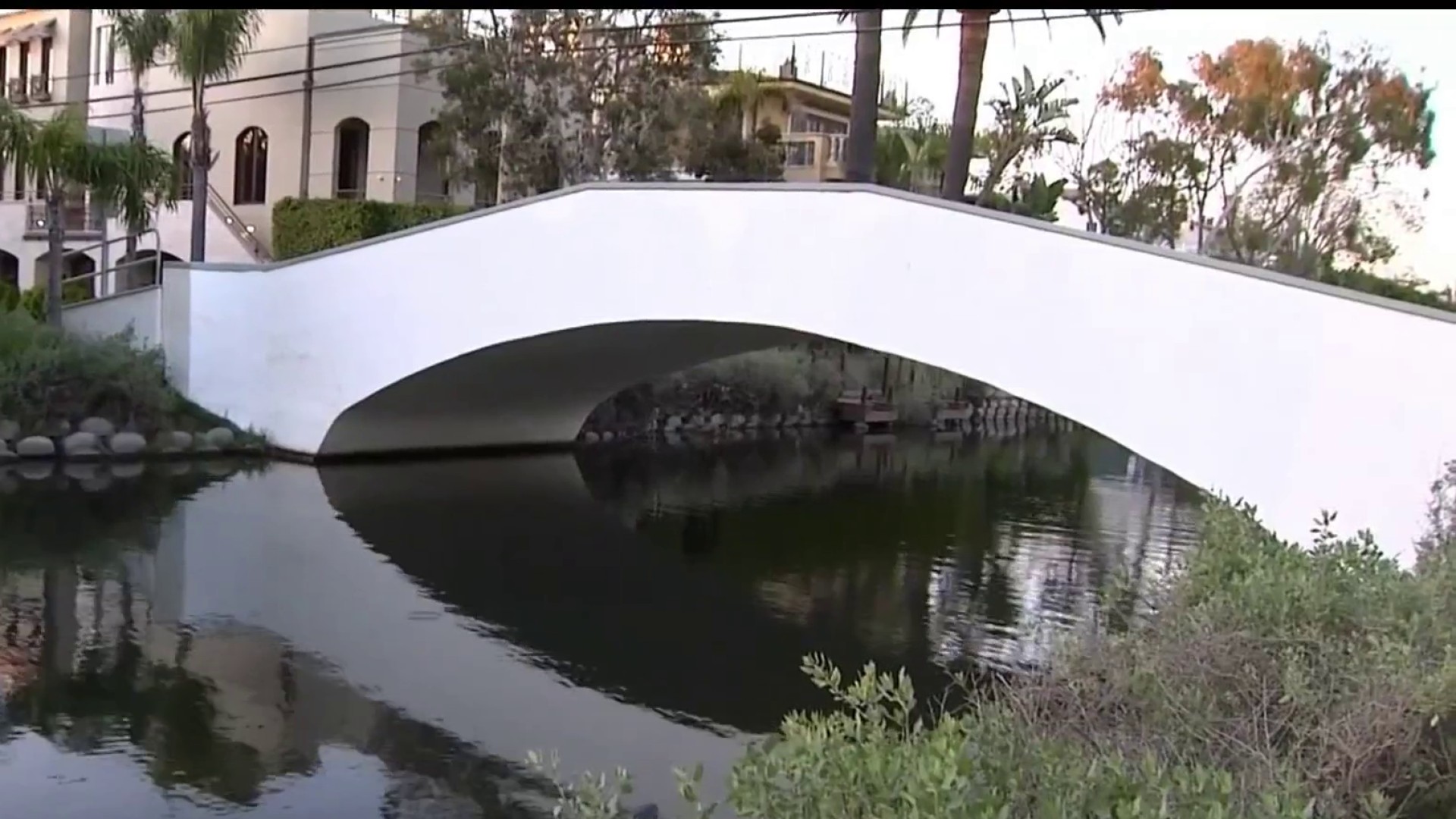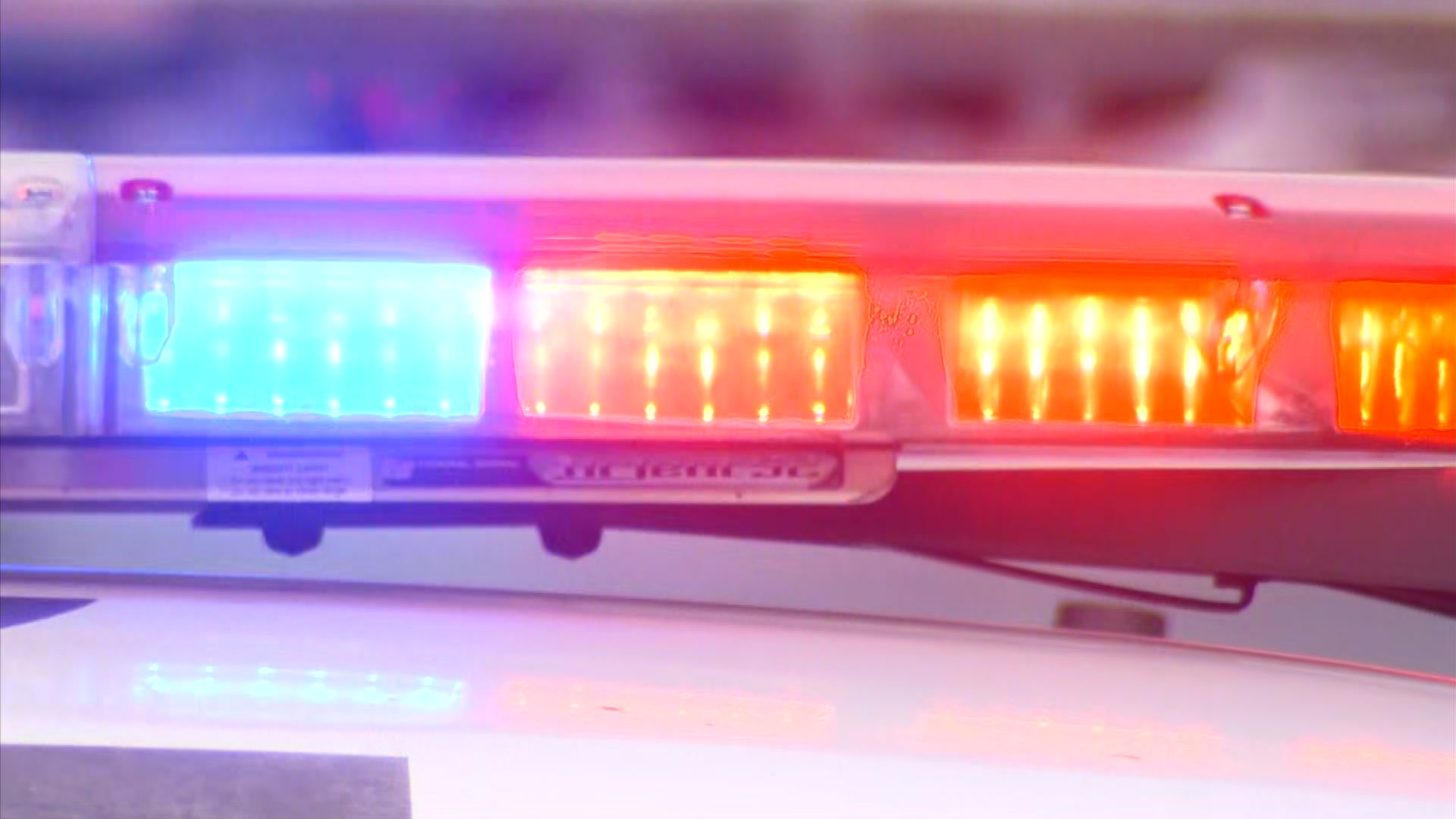This is the second in a six-part series.
A marijuana dispensary owner and his roommate are abducted in the middle of the night at gunpoint from their Newport Beach home by three masked men.
Driven to the Mojave Desert while the man was tortured, the disturbing events of that night became known as one of Orange County's most horrific crimes.
This article contains language and content that may be disturbing to some readers.
The kidnapping took place in a part of Newport Beach known as the Balboa Peninsula. It's a narrow strip of land with the Pacific Ocean on one side and the harbor on the other, home to multi-million dollar beachfront houses that compete for views of the ocean.
It's a popular area with weekend beach-goers who flock to the Balboa Fun Zone with its Ferris wheel, arcades, restaurants and bars.
Local
Get Los Angeles's latest local news on crime, entertainment, weather, schools, COVID, cost of living and more. Here's your go-to source for today's LA news.
Police there occasionally see rowdy, drunken fights and DUIs, but the most common crime is petty theft.
The kidnapping case, investigators said, was one of the worst crimes in the area's history.
Newport Beach police were now tasked with trying to find three violent kidnappers bent on finding, in the words of veteran prosecutor Matt Murphy, "Ali Baba's treasure" buried in the desert.
'Genuinely Nice Man'
The morning the two victims were found, detectives drove the 142 miles north into the Mojave Desert to see what they could learn from the crime scene where the pair had been rescued and to talk to them in the hospital.
"Who would do such a thing to you?" investigators asked the man.
NBC4 is not identifying the male victim because of the nature of the crime.
He said he had no idea. He had never been in trouble. He had no criminal history. He had no enemies that he knew of.
People who knew him couldn't say anything bad about him.
He rented the room in the Newport Beach house where he and his roommate had been kidnapped for about $1,000 a month. He drove an older pickup truck. He was popular and well-liked, prosecutors would later tell the jury during the trial of one of his accused assailants.
At first, cops thought a mysterious man who had befriended the victim and had taken him out to the Mojave Desert to talk about a dubious gold mining scheme in the weeks before the kidnapping was the clue to solving the crime.
But a tip about three suspicious-looking men who had been seen near the house just before the kidnapping took them down a different path — one that can be traced back to a 1996 California ballot initiative.
Medical Marijuana
California voters passed Proposition 215 in 1996, allowing patients to use medical marijuana. People with medical issues can get a medical marijuana card from a doctor and legally buy pot. They buy it for glaucoma, anxiety, cancer, and pain management.
While it is now legal in California for recreational use, it wasn't yet allowed at the time of the kidnapping.
The victim's medical marijuana dispensary in Orange County employed many people and catered to high-end clientele.
All-cash businesses like his, police say, are often targets for robbery because of the nature of their revenue. They’re shut out of federal banking systems because the federal government still considers marijuana an illegal drug, so they often have cash on hand.
Because of the stigma of buying weed, most people pay in cash.
"Not a lot of people want 'Sky High' or 'Elevated Dreams' on their credit card statements," according to Senior Deputy District Attorney Heather Brown.
The Neighbor
The morning after the kidnapping, police cordoned off the home on 25th Street with police tape. Investigators followed a trail of blood from the alley to the bedroom.
Inside, blood stained the base of the stairs. Large blood stains splattered a comforter that was stuffed in a closet. The house had been ransacked.
A woman drove up to the edge of the police tape. She told Newport Beach police Detective David Syvok that she had a friend who might have information and gave him a phone number.
The woman who answered the phone told Syvok she saw three "suspicious looking" men next to the garage of that home on the afternoon of Oct. 1, 2012, less than 24 hours before the kidnapping.
She said the men hoisted an extension ladder up against the wall of the home. A white pickup truck was angled next to the garage.
The woman thought their behavior was odd. They looked like construction workers, but didn’t appear to be doing any work on the house.
She said that two men stood near the side of the house while a third man held the ladder. She heard the ladder retract and extend a couple of times, but never saw anyone go up or down it.
She described one man as possibly Hispanic and between 30 and 40 years old with a medium build. He wore a hard hat and tan shirt with a collar. She described him as good-looking.
The second man also was possibly Hispanic and between 30 and 40 years old. He was shorter, stockier and wore a red or orange shirt. She couldn’t see the third man very well.
She didn’t see everything the men were doing. She was worried they'd spot her, so she said she would duck, then stand to watch some more. She wrote down the pickup truck’s license plate number.
Investigators found that the white 1998 Dodge Ram 1500 was registered to Kyle Handley, a Fresno transplant who lived in Fountain Valley, a suburban city in Orange County. He had been convicted of illegally growing marijuana out of a rental in Fresno in 2007.
'Seemed Like a Cool Guy'
It turned out, the victim knew Handley.
They were both in the marijuana business. They first met in early 2012 when Handley showed up at the victim's collective with pot that he had grown and that he wanted to sell.
Over the course of their relationship, Handley had sold him up to five pounds of marijuana as many as nine times. Each time the victim paid him up to $2,800 cash for a pound of marijuana.
"He had nice product," the victim later said.
Handley seemed like a cool guy so they struck up a friendship. They even talked about going into business together.
But when the victim stopped buying, they ended their professional relationship, although they remained friends and began hanging out socially.
The victim took Handley and a few others on trips to Las Vegas, once in March 2012 and again in May 2012.
During the May trip, the victim splurged — $12,000 for the weekend penthouse at a Vegas hotel, $5,000 on gambling. He paid for prostitutes and cocaine.
They hung out at the pool during the day and partied at the strip club at night.
"We just went to Vegas to have fun," the victim told jurors.
After the May trip, Handley disappeared. The victim said he tried calling him a few times, but Handley's phone was out of service. It wasn't unusual to lose touch with marijuana vendors, he said. They lose their inventory in seizures by local or federal authorities. They get shut down by building departments if they don’t have permits. They get out of the business or move.
But he figured Handley would come back one day and he'd get his new number.
When detectives asked if the victim remembered hearing Handley during the kidnapping, he said one of the voices sounded familiar. But he never saw any of their faces, and he was blindfolded, tortured and scared to death.
"I definitely didn’t think he wanted to kidnap me."
An Arrest
After staking out Handley, police moved in for an arrest at 2 a.m. Oct. 6, 2012, four days after the kidnapping.
Orange County Sheriff's deputies pulled him over in his dad's blue Lexus in a 7-Eleven parking lot in Huntington Beach.
He was held on a charge of possession of an illegal switchblade while police searched his Fountain Valley home and his pickup truck for evidence in the grisly crime.
In a trash bag in his backyard, police seized a used zip-tie that looked identical to the ones found on the victims in the desert. On the floorboard of his pickup truck, police found a blue latex glove. In the house, police found a sweatshirt splattered with white bleach spots. The evidence was submitted to the crime lab for DNA testing.
When the crime lab came back with a hit on the DNA from the latex glove found in Handley's pickup truck in January 2013, police got a second name — Hossein Nayeri.



